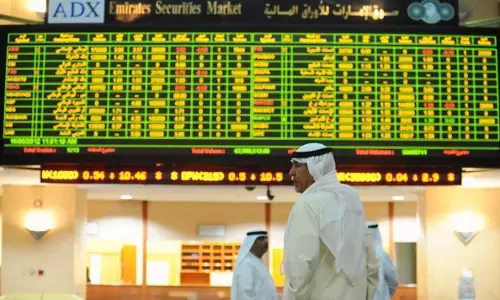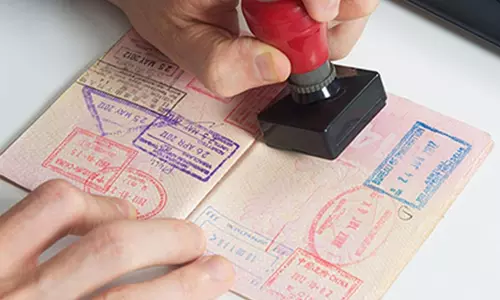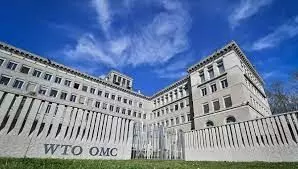
World Trade Meet: India to push for permanent food security
text_fieldsThe Indian delegation at the World Trade organisation's meeting will press for a lasting solution to the issue of public stock holding (PSH) of grains for food security programmes. The global trade norms limit a country's ability to ensure food security. India is seeking a permanent, fast-track solution with no linkage with domestic support.
PSH programme is a policy tool under which the government procures crops like rice and wheat from farmers at minimum support price (MSP), and stores and distributes foodgrains to the poor. MSP is normally higher than the prevailing market rates.
This helps the government to sell the goods at a low price to over 800 million poor people and ensure food security.
The WTO's Agreement on Agriculture limits the ability of a government to purchase food at MSP. It dictates a WTO member country's food subsidy bill should not breach the limit of 10 percent of the value of production based on the reference price of 1986-88.
The team led by Commerce and Industry Minister Piyush Goyal is seeking measures like amendments in the formula to calculate the food subsidy cap and the inclusion of programmes implemented after 2013 under the ambit of the Peace Clause, under which WTO members agreed to refrain from challenging any breach by a developing nation.
India also wants the WTO to allow the export of foodgrains for humanitarian purposes, specifically on a government-to-government basis. The current norms do not permit a member country to export foodgrains from public stock holdings.
The four-day conference is the highest decision-making body of the 164-member international body. The main issues to be discussed this year are WTO response to the COVID-19 pandemic, including patent waiver; agriculture and food security; WTO reforms; proposed fisheries subsidies agreement; and extension of the moratorium on electronic transmission.
Public stock holding (PSH) for food security purposes, trade-distorting domestic subsidies, market access, the special safeguard mechanism, export restrictions and prohibition, and transparency are the main issues under the agriculture and food security category.
A top government official said India will also seek protection for the interests of farmers and fishermen. Members are negotiating a fishery subsidies agreement with the objective of eliminating subsidies for illegal, unreported, and unregulated (IUU) fishing and curbing subsidies for overfished stocks, and overfishing and overcapacity with a view to promoting sustainable fishing.
The Indian delegation is highlighting that developing nations that are not engaged in distant water fishing should be exempted from overfishing subsidy prohibitions for at least 25 years.
According to the WTO's estimation, 34% of global fish stock is overfished to an extent the fish population cannot replenish itself. Several developed nations like Japan, Australia, New Zealand, Canada, and the US are pressing for disciplining the subsidies.
Developing nations like India and Indonesia are asking for flexibility under special and differential treatment.
The 12th ministerial meet of the WTO is set to begin on Sunday in Geneva.























